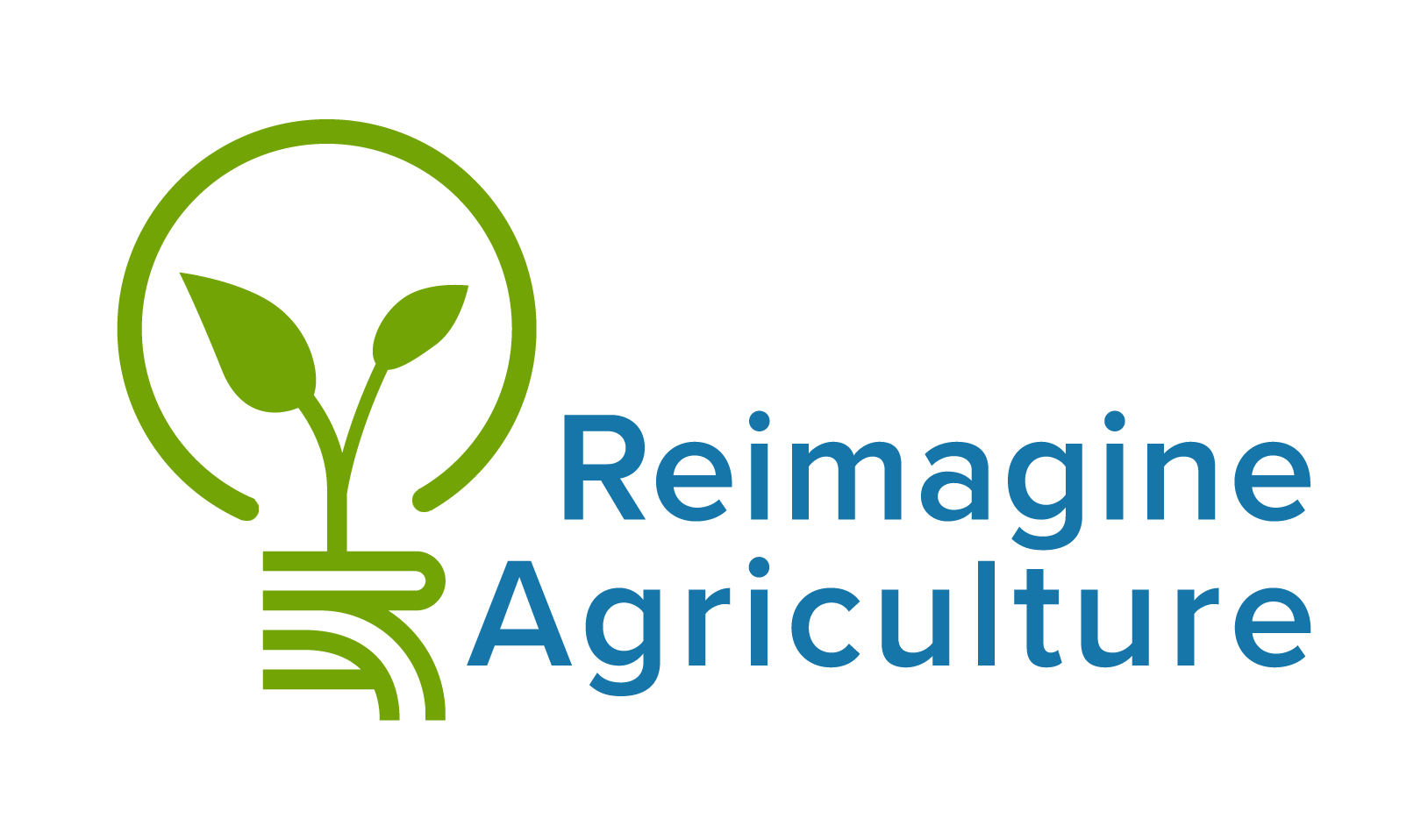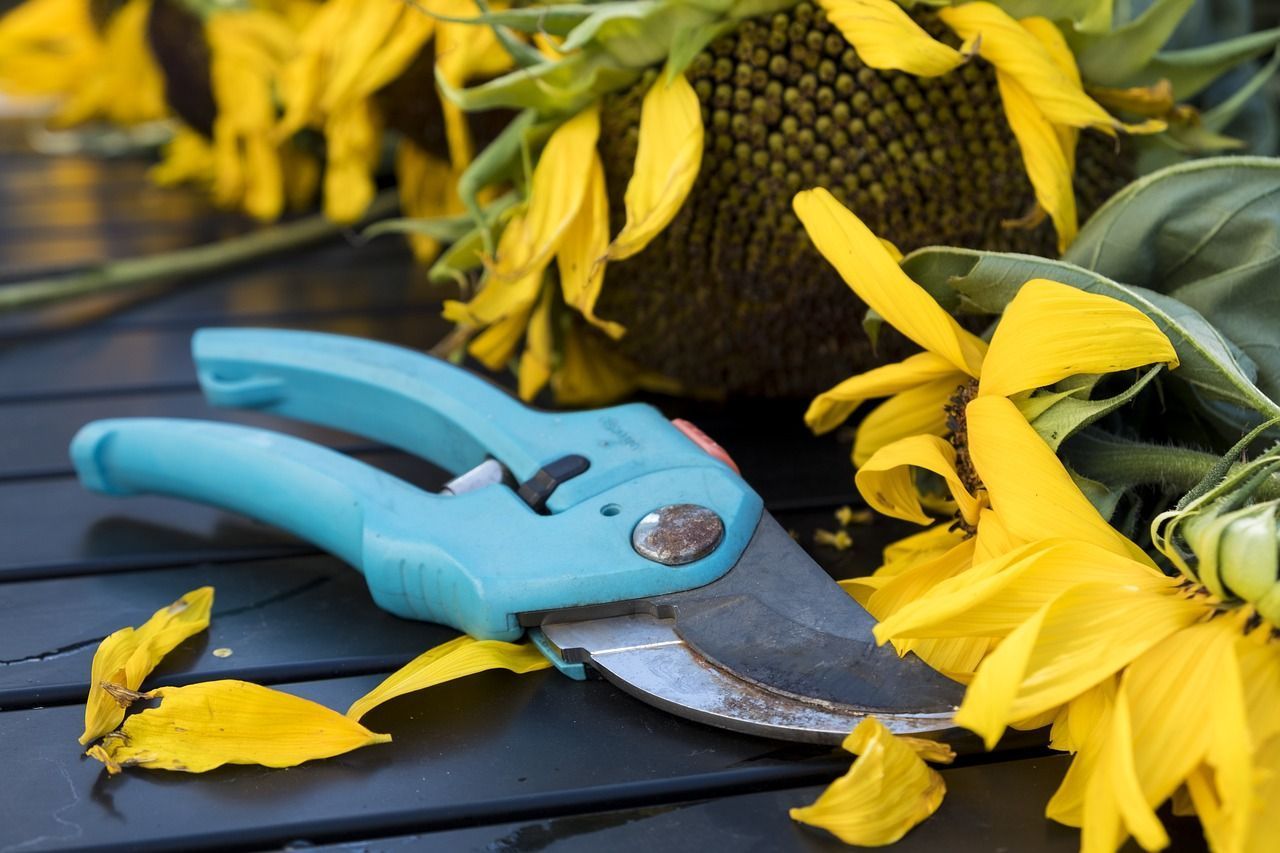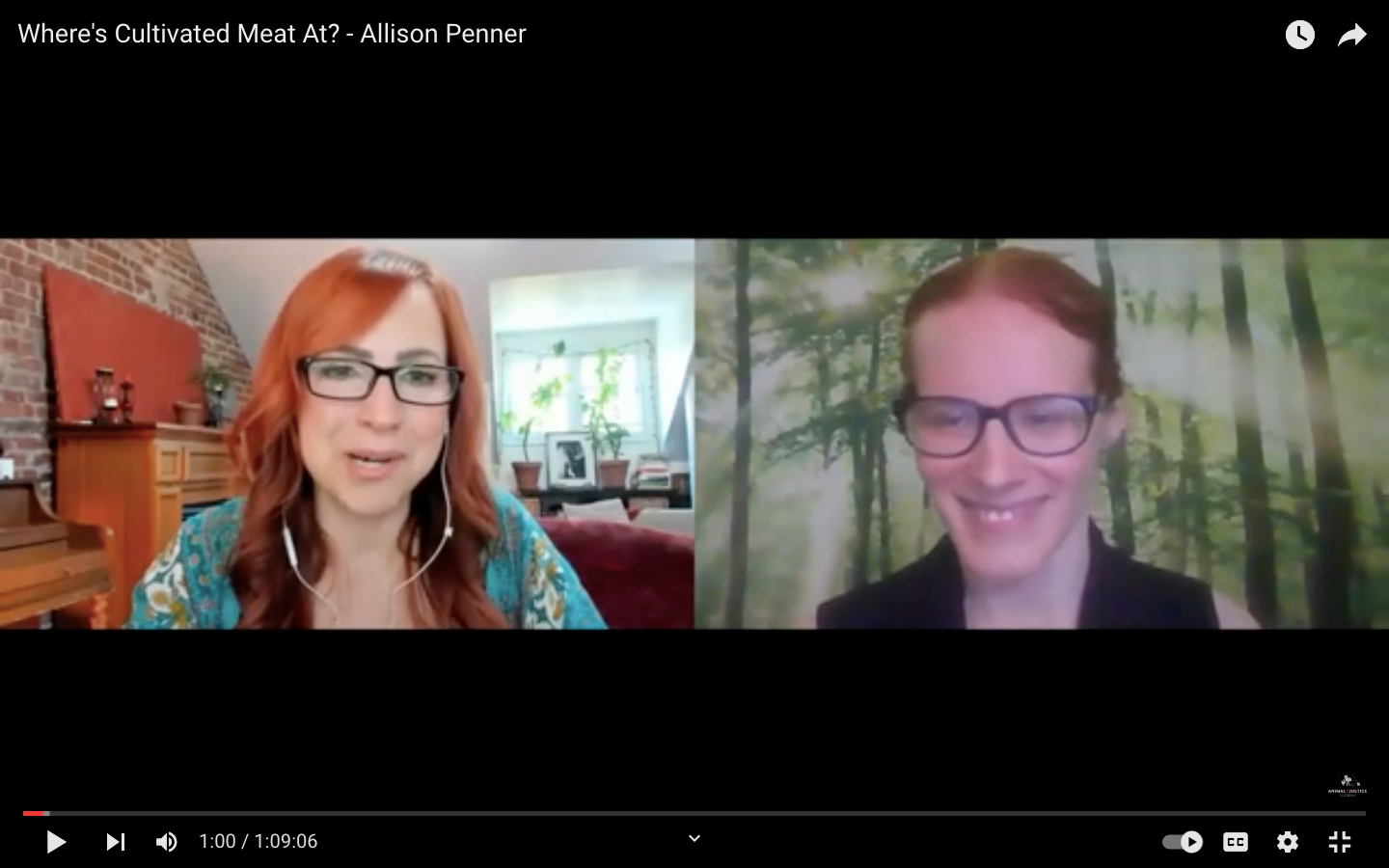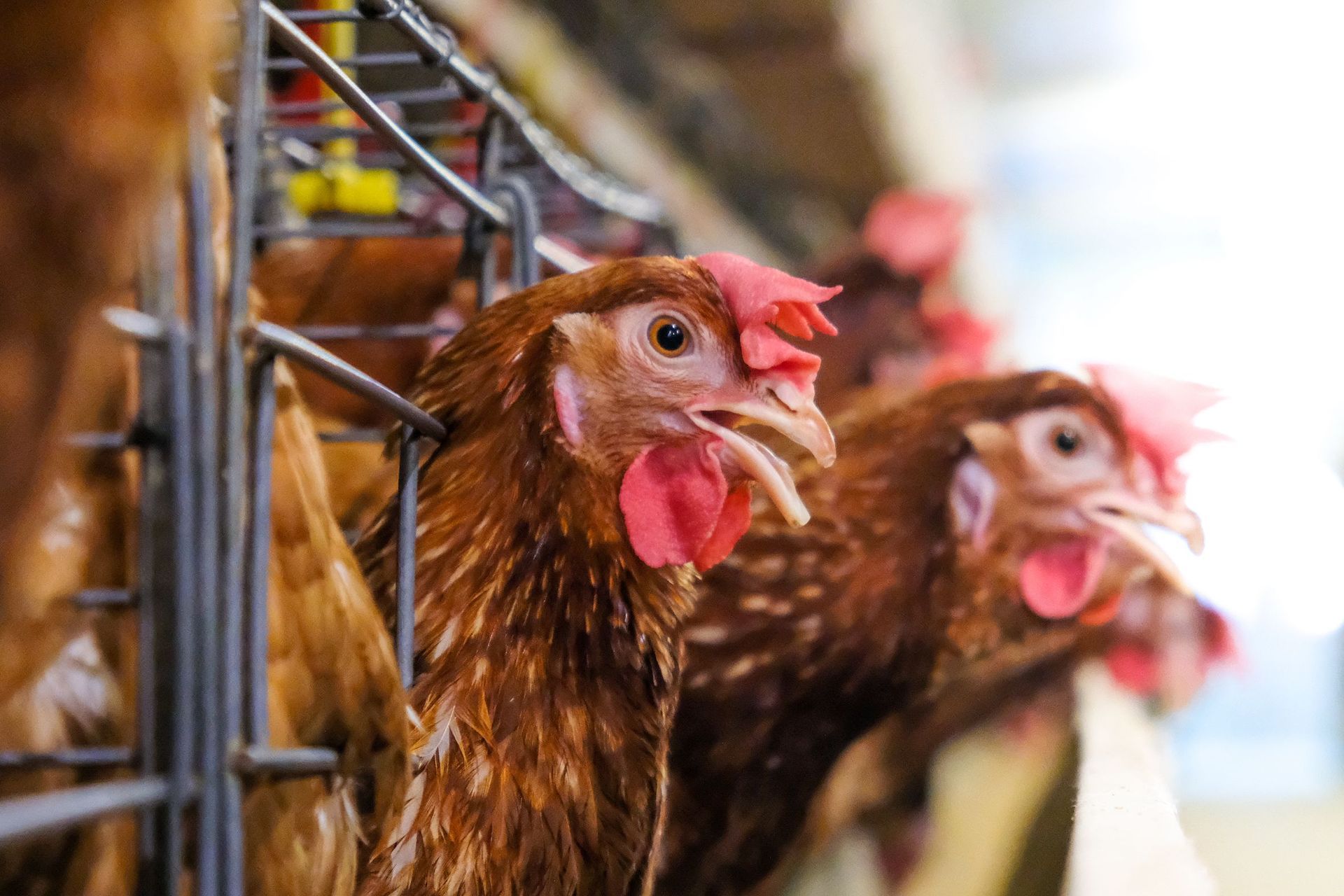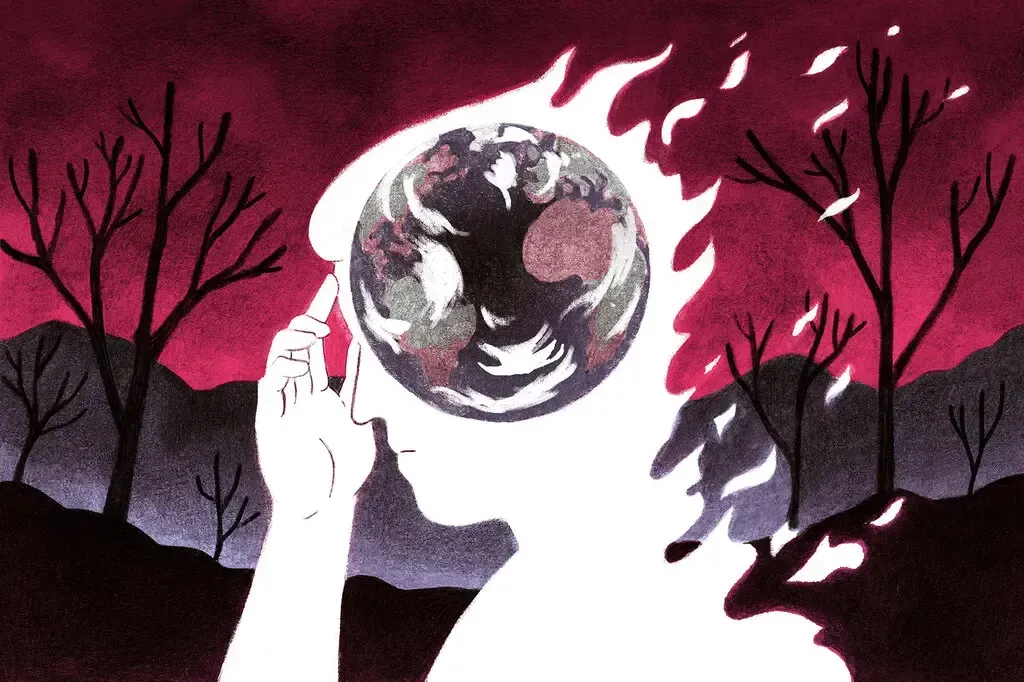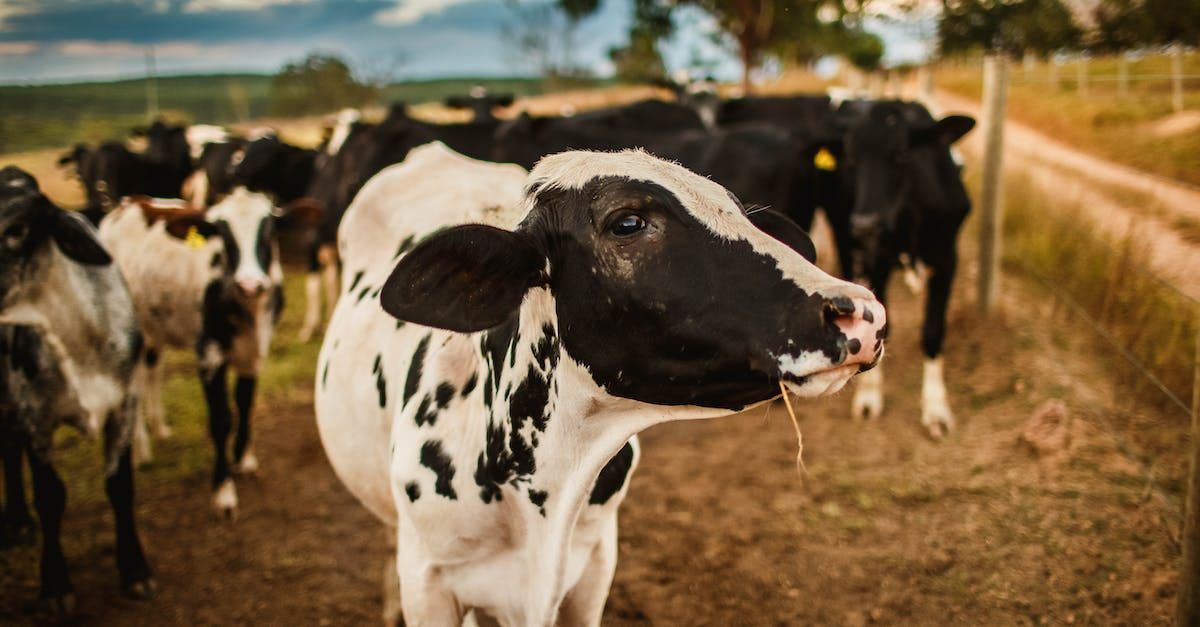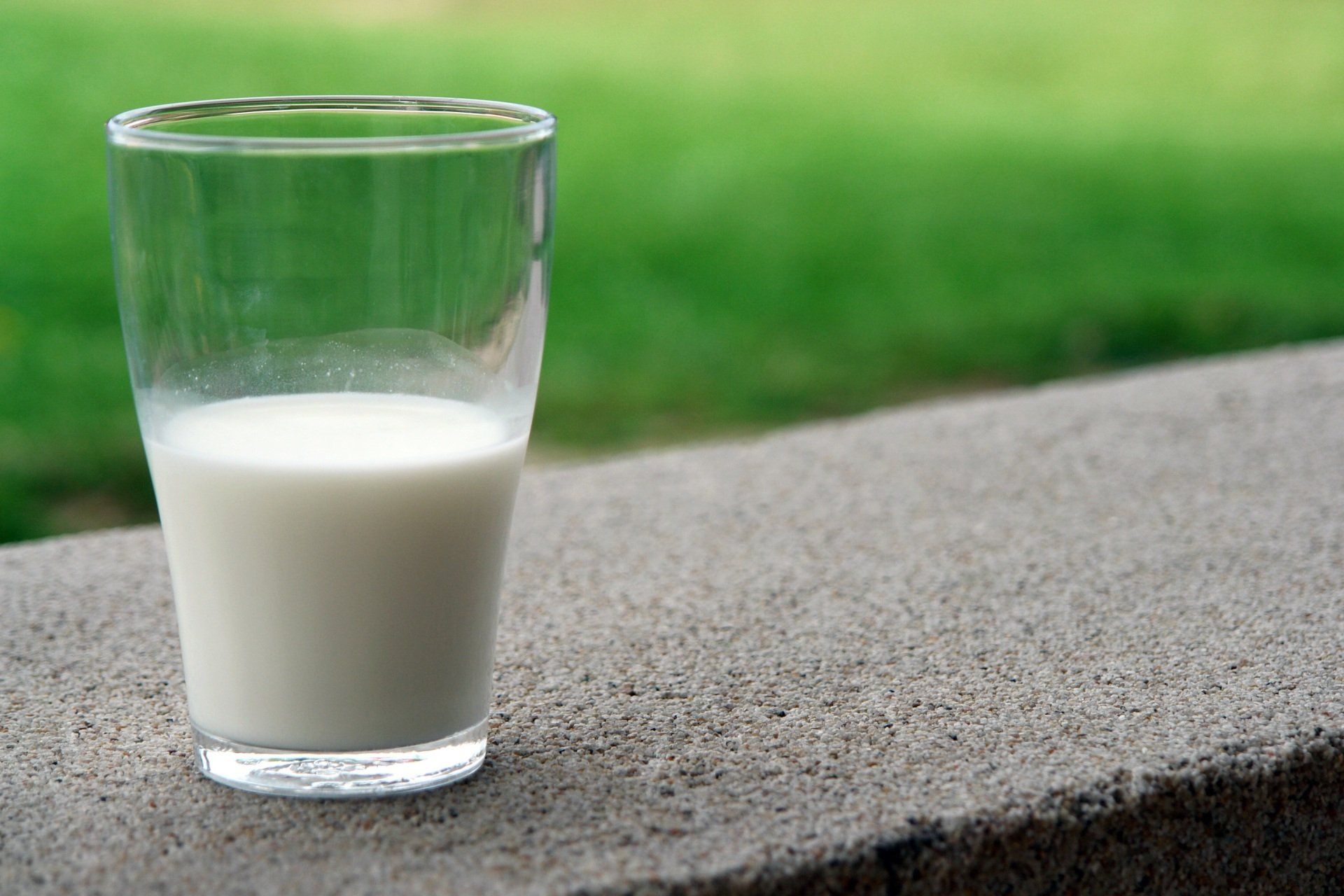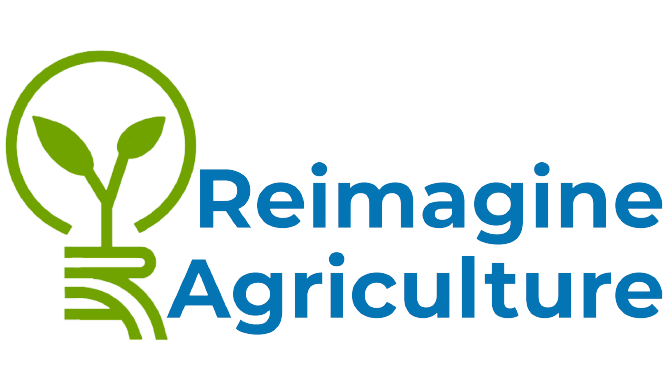Bill 156
July 29, 2020
New bill criminalizes protesters who shine light on animal agriculture abuses
Written by: Allison Penner and Max Jaychuk
Legally, livestock are already incredibly vulnerable in our food system. There are no federal or provincial laws regulating on-farm animal welfare
nor do they receive regular government inspection to ensure their well-being. Functionally, these standards of regulation and the reporting of abuse is left to the industry itself, whose primary motivation is profit based.
In recent years, this has meant that reporting of animal abuse to proper authorities has been limited and relies often on whistleblowers and undercover investigating. For instance, employee-shot footage in 2014
showed horrific abuse to turkeys as they were beaten with shovels and kicked which led to the company pleading guilty. Similarly in 2018, 14 animal cruelty charges were laid against a mink farm
after whistle blower footage demonstrated unsanitary conditions. These infrequent internal accounts seem to often be the only hope we have of discovering these horrors, given the apparent lack of government oversight and enforcement of animal welfare issues.
Yet Bill 156 would make a bad situation far worse by punishing employees for reporting abuse or lack of sanitization. Section 7(1)(d) gives farmers the ability to arrest any trespassers without a warrant on their property which would allow them to target employees who had signed a non-disclosure agreement that prohibited them from filming or photographing. If that employee later saw troubling conditions, they could be prosecuted for trespassing and subject to fines even when they were exposing illegal conduct.
It is important to understand the effects the bill has by proxy on workers’ safety. Over the past 10 years up to 2018, agriculture has averaged the highest lost-time injury rate
of any sector in Ontario’s economy. By reducing the likelihood of workers reporting issues with unsafe conditions and biosecurity risks, it further erodes these limited safety measures.
Foreign workers are a staple of the agricultural industry in Canada. This reliable labour supply includes some undocumented migrant workers, some individuals with limited English language skills, and those whose financial security is dependent upon their work in the agricultural sector. These factors may create a reliance on foreign agricultural workers. Consequently, employees may not feel as though they can freely voice their concerns, or alternatively, they may feel pressure to remain in their job even if it’s unsafe. Should they decide to quit they could struggle to find other employment opportunities - the meat processing industry, in particular, is an oligopoly with two plants providing roughly 70% of Canada’s beef - leaving many of these workers powerless.
Take the example of COVID-19: meat processing plants across North America have been the source of some of the largest COVID-19 outbreaks. One Cargill plant near High River, Alberta was linked to more than 1,500 cases. This location has received severe criticism for not ensuring the safety of workers and creating incentives that pressure the unwell to continue showing up. This is not an outlier with meat-processing plants across North America having similar patterns of outbreaks. This demonstrates that parts of the industry are already unwilling to ensure worker safety and Bill 156 will only make this worse.
The bill has already been opposed by groups such as, Canadian Journalists for Free Expression, the Canadian Association of Journalists, and the Canadian Civil Liberties Association over concerns of the violation of Charter rights including the freedom of expression, the press, and peaceful assembly. The Bill will effectively silence investigative journalists and whistle blowers who are necessary in providing consumers with knowledge to make informed decisions with significant knock-on effects to the environment and public health. It should be noted that similar ‘ag-gag’ laws have been deemed unconstitutional south of the border in the states of Idaho, Utah, Iowa, and Kansas.
Additionally, this Bill was passed during one of the worst public emergencies in Canadian history. The government is taking advantage of a time when the media is focused on spending valuable time reporting on the COVID-19 pandemic and the Black Lives Matter movement while citizens are not only trying to respond to these changing developments, but are also preoccupied with their own health and financial well-being. Even if interested parties did have the time not all of the Committee’s hearings have been made public.
Our food supply is critical to every single person in this country. We need a thoughtfully regulated system that has strong oversight to ensure the protection of all involved. This Bill punishes those for exposing wrongdoings instead of the wrongdoers itself. The legal challenges that will come and the protests that continue should be no surprise to any reasonable person.
1. Security from Trespass and Protecting Food Safety Act, 2020, SO 2020, ch. 9
2. Labchuk, Camille Brief RE: Bill 156, Security from Trespass and Protecting Food Safety Act, 2020 (Toronto: Standing Committee on General Government, 2020) 1
3. Griffith-Greene “Turkey farm video shows ‘gaping hole’ in government animal welfare oversight” CBC March 14, 2014, https://www.cbc.ca/news/turkey-farm-video-shows-gaping-hole-in-government-animal-welfare-oversight-1.2571451
4. Canadian Press, The “Ontario animal welfare agency lays 14 animal cruelty charges against mink farm” CTV News May 11, 2018, https://www.ctvnews.ca/canada/ontario-animal-welfare-agency-lays-14-animal-cruelty-charges-against-mink-farm-1.3925854
5. 2019 WSIB Statistical Report “Industry Sector Claims and LTI Rate” WSIB Statistics 2019 http://www.wsibstatistics.ca/S1/Industry%20Sector%20Claims%20and%20LTI%20Rate%20_%20WSIB%20By%20The%20Numbers_P.php
6. Dryden, Joel & Sarah Reiger “Inside the slaughterhouse” CBC May 6, 2020, https://newsinteractives.cbc.ca/longform/cargill-covid19-outbreak
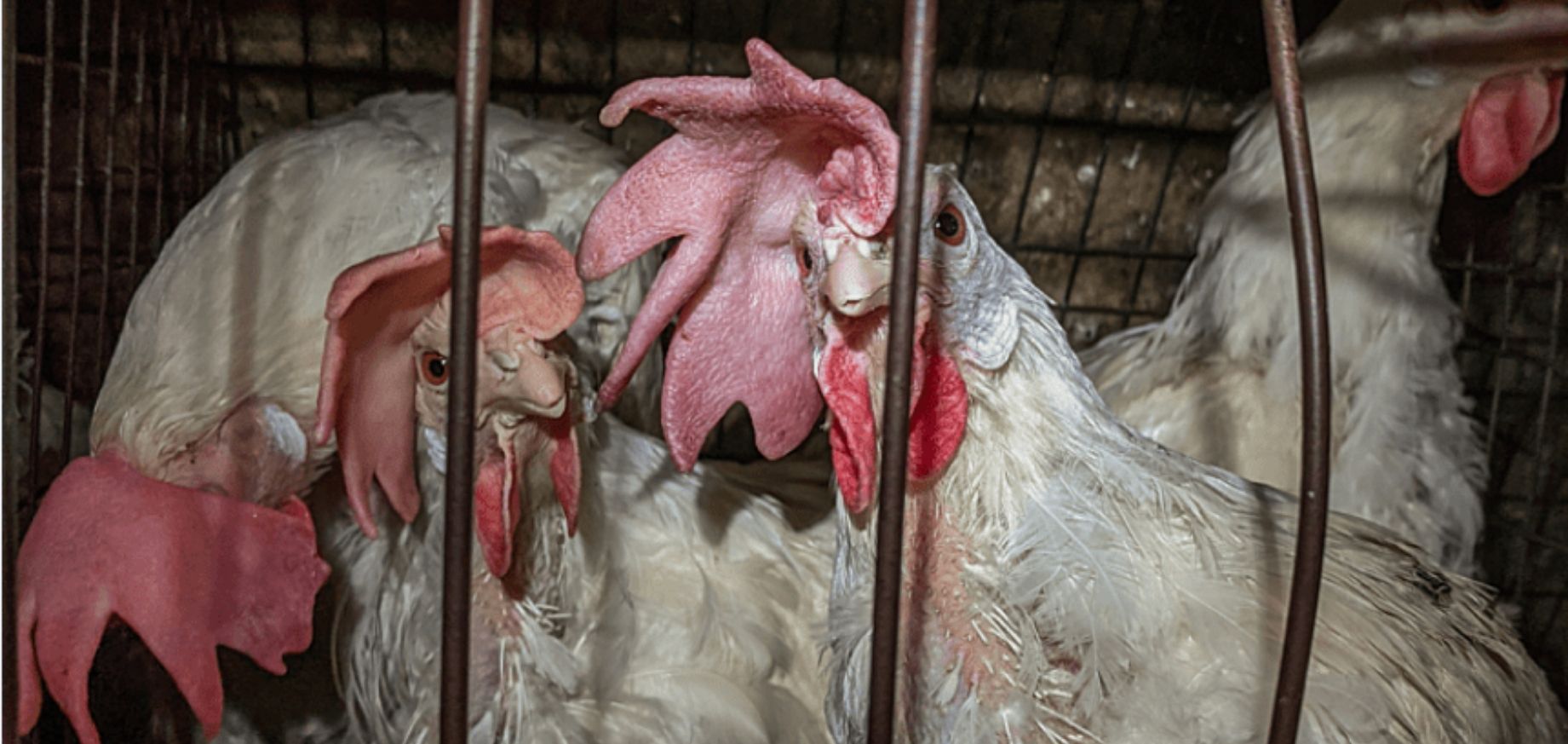
Originally posted on Mercy For Animals' web blog . I am grateful for Mercy For Animals’ work in highlighting the unacceptable lack of progress in cage-free hens in Canada, as outlined in their new report, Beyond the Commitment: Evaluating Cage-Free Progress Across the Canadian Retail Sector . As the report demonstrates, Canada’s percentage of cage-free hens (20%) lags behind global standards, including those of the US (45%), Australia (62%), and the EU (82%). This failure to meet the most basic standards of the agricultural industry highlights the lack of governance and transparency in Canada’s food system. The reality is that there are no federal standards for farm animal welfare. To quote a former farm worker, “You don’t need to be an animal advocate to believe in cage-free hens”. It is clear to any typical individual who visits these operations that caged hens are unacceptable. It is not a matter of if, but when cage-free hens become required by law. The agricultural industry can do itself a favour by taking steps forward and becoming a leader, rather than watching itself lose the trust of consumers and face greater regulation at a far higher cost. Allison Penner is the Executive Director of Reimagine Agriculture . She drives collaborative solutions to key challenges in Canada’s food system, focusing on food tech, cultivated meat, food waste reduction, and plant-based food systems through policy development, public education, and media commentary on a forward-thinking agricultural future.
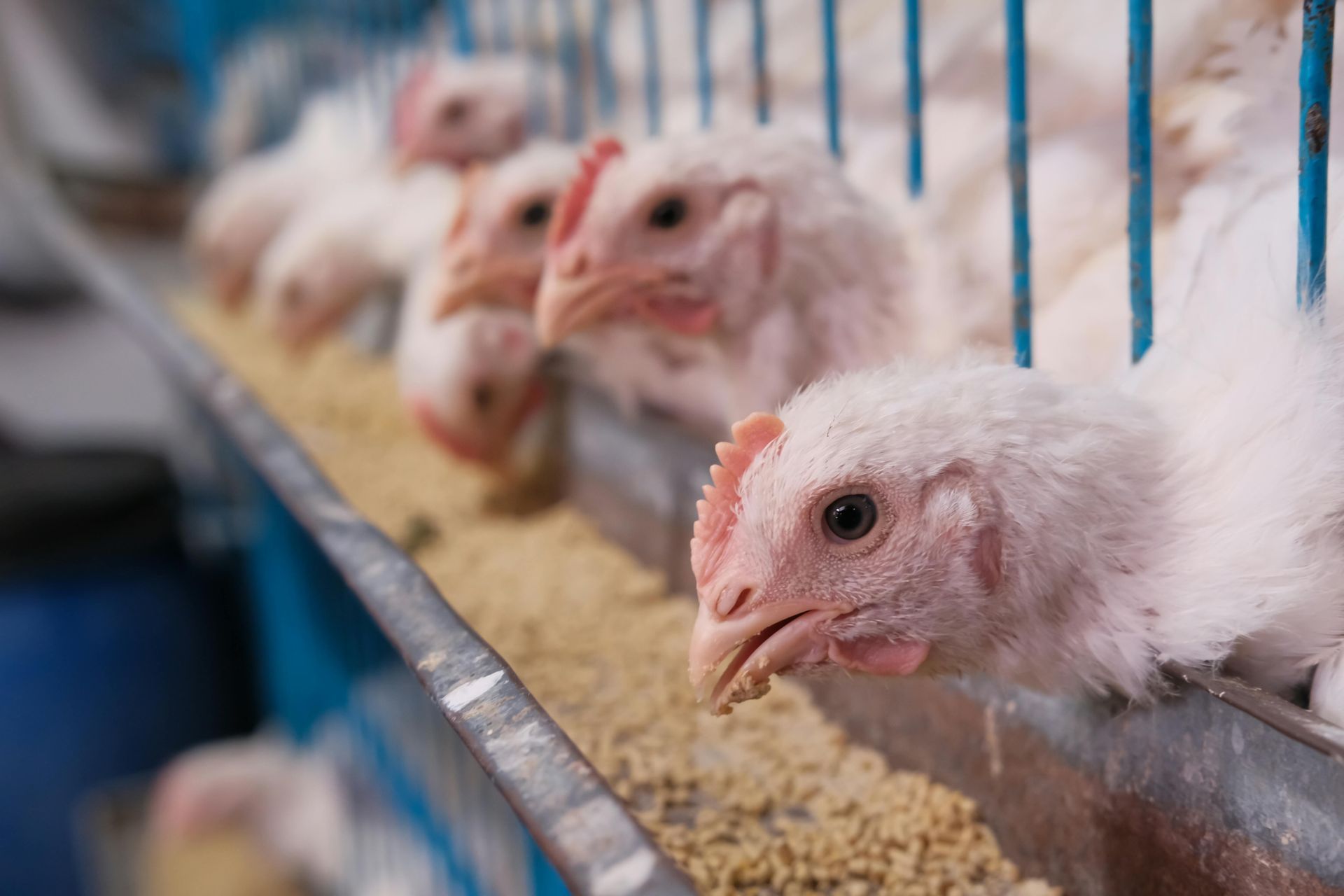
The 2024 Canada Animal Welfare Scorecard evaluated animal welfare commitments and transparency across 40 leading Canadian food companies. Focusing on cage-free eggs, gestation-crate-free pork, and adherence to Better Chicken Commitment (BCC) standards, the report uncovers serious gaps in transparency, industry-wide “humanewashing,” and persistent animal welfare issues. Here’s a breakdown of the most troubling findings. 1. Lack of Transparency in Major Retailers and Foodservice Providers Walmart Canada, Calgary Co-op, and Federated Co-operatives have demonstrated minimal transparency, failing to publish updates or roadmaps on their animal welfare commitments. Walmart Canada is the only top-five retailer in Canada not reporting any progress on welfare practices, despite publishing incremental updates in the U.S. Meanwhile, Calgary Co-op still lacks any published policies or progress toward ending confinement for hens and pigs, despite its members’ vote to support humane conditions over a decade ago. 2. Misleading Industry Claims and "Humanewashing" Tactics A major issue facing Canadian consumers is the widespread “humanewashing” in the food industry, where companies use misleading labels and terminology to suggest higher animal welfare standards than actually practiced. Companies like Burnbrae Farms label their eggs as “Nestlaid,” implying cage-free conditions, which leads nearly half of surveyed consumers to mistakenly believe these eggs come from open barns. Industry groups, including Chicken Farmers of Canada , amplify this confusion by using terms like “family farms” to evoke images of small, humane operations, even when products are sourced from intensive confinement systems. Rather than improving actual welfare standards, these organizations invest heavily in shaping public opinion through corporate responsibility reports and marketing campaigns, leaving consumers misinformed about the true conditions behind their food. 3. The Crisis of "Frankenchickens" in Poultry Production The Canadian poultry industry’s use of ultrafast-growing birds, often termed “Frankenchickens,” remains a primary welfare issue. These birds are bred to grow four times faster than chickens in the 1950s, resulting in painful health problems and limiting their ability to move or access food and water. Although companies have pledged to stop using these breeds by 2026, few have shown significant action on this front. Major Canadian poultry producers continue to use these breeds, creating severe welfare implications. 4. Continued Use of Gestation Crates for Pigs Gestation crates remain the norm across Canadian pork production, confining mother pigs in cramped stalls that prevent them from turning around. Some progress is evident, with companies like Costco and Starbucks Canada reporting steps toward group housing. However, Walmart Canada and Federated Co-operatives have not published policies or progress. While the industry timeline for complete phase-out stretches to 2029, these companies have yet to implement meaningful welfare improvements, prolonging extreme confinement for Canada’s 1.2 million breeding sows. 5. Slow Progress in the Shift to Cage-Free Eggs Despite growing opposition to cage confinement from Canadian consumers, the Canadian egg industry continues to invest in “enriched” cage systems that offer only minor improvements over conventional battery cages. Companies like Metro and Sobeys committed to sourcing cage-free eggs but report slow progress across their supply chains, while Calgary Co-op has yet to report any steps forward. Globally, over 2,600 companies have committed to eliminating cages, but Canada falls behind due to its reliance on slightly modified cage systems. Moving Forward: Accountability and Clear Roadmaps Required Companies need transparent roadmaps, annual goals, and consistent reporting to keep pace with rising consumer and investor expectations. Brands such as A&W Canada, Aramark, and Panago Pizza have set strong examples, publishing BCC-compliant policies and reporting progress, proving tangible progress is achievable. However, for others, a significant gapremains between public promises and the welfare practices in their supply chains.
